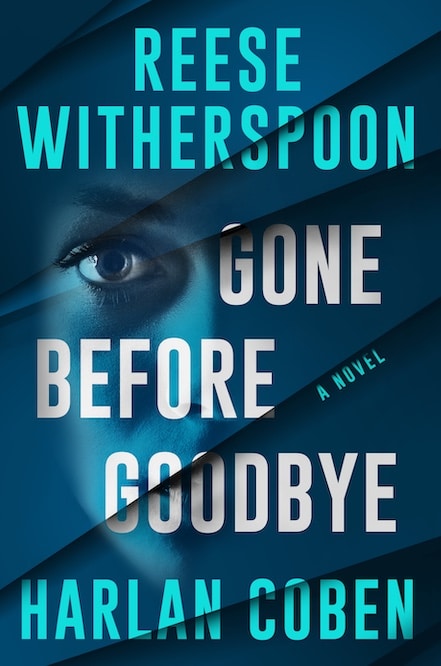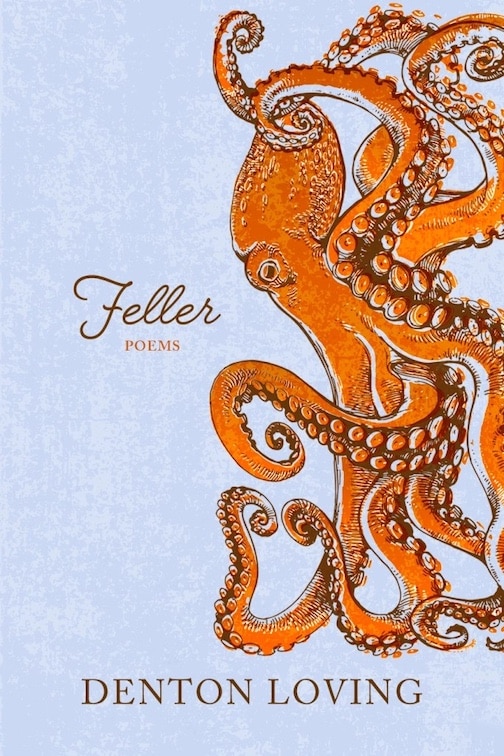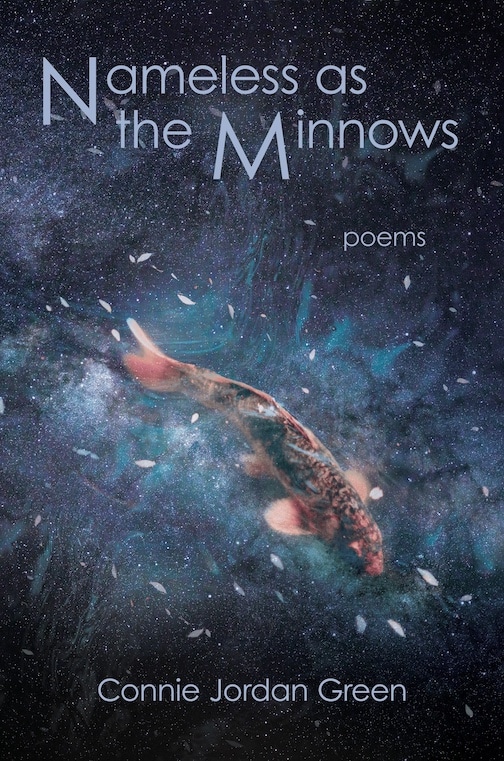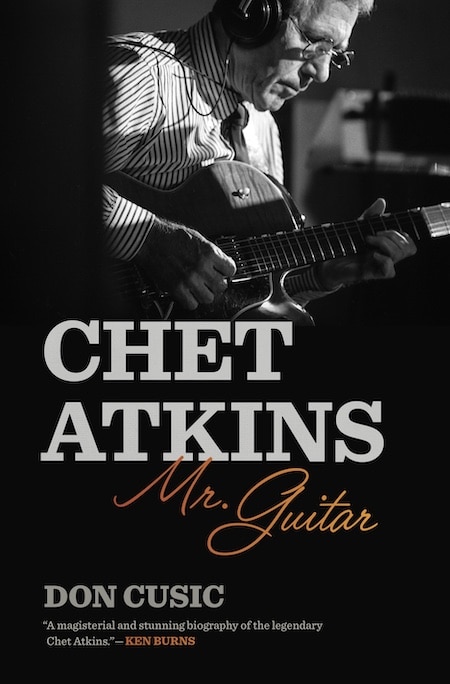Web of Lies
Reese Witherspoon and Harlan Coben team up to create a thriller with a gritty, grief-stricken heroine
With Gone Before Goodbye, Reese Witherspoon and Harlan Coben combine forces to introduce readers to Maggie McCabe, a world-class reconstructive surgeon who finds herself entangled in a web of intrigue and lies. The authors will discuss the book at the Schermerhorn Symphony Center in Nashville on October 29, with Ann Patchett moderating.





 Ways to Support the Work
Ways to Support the Work